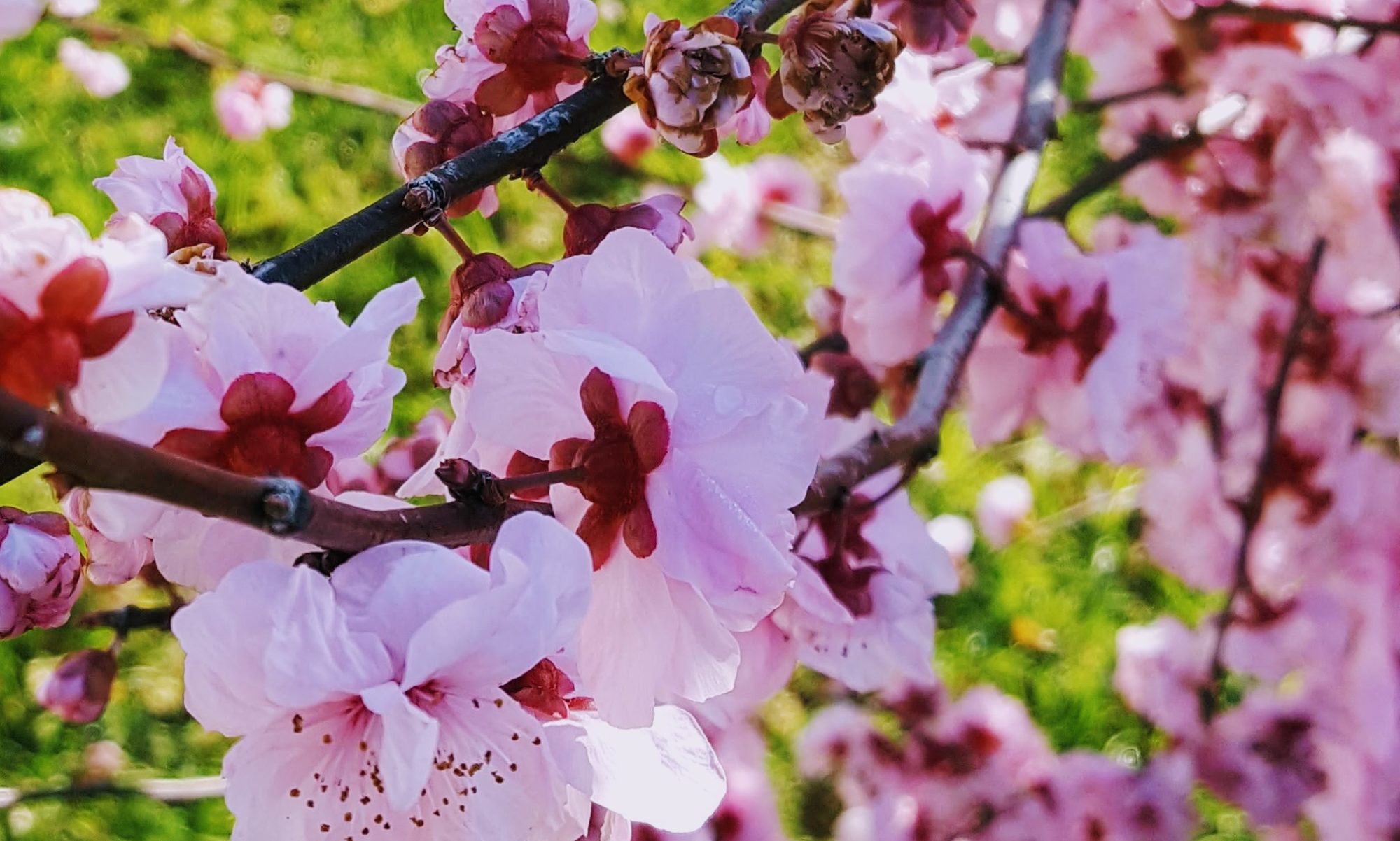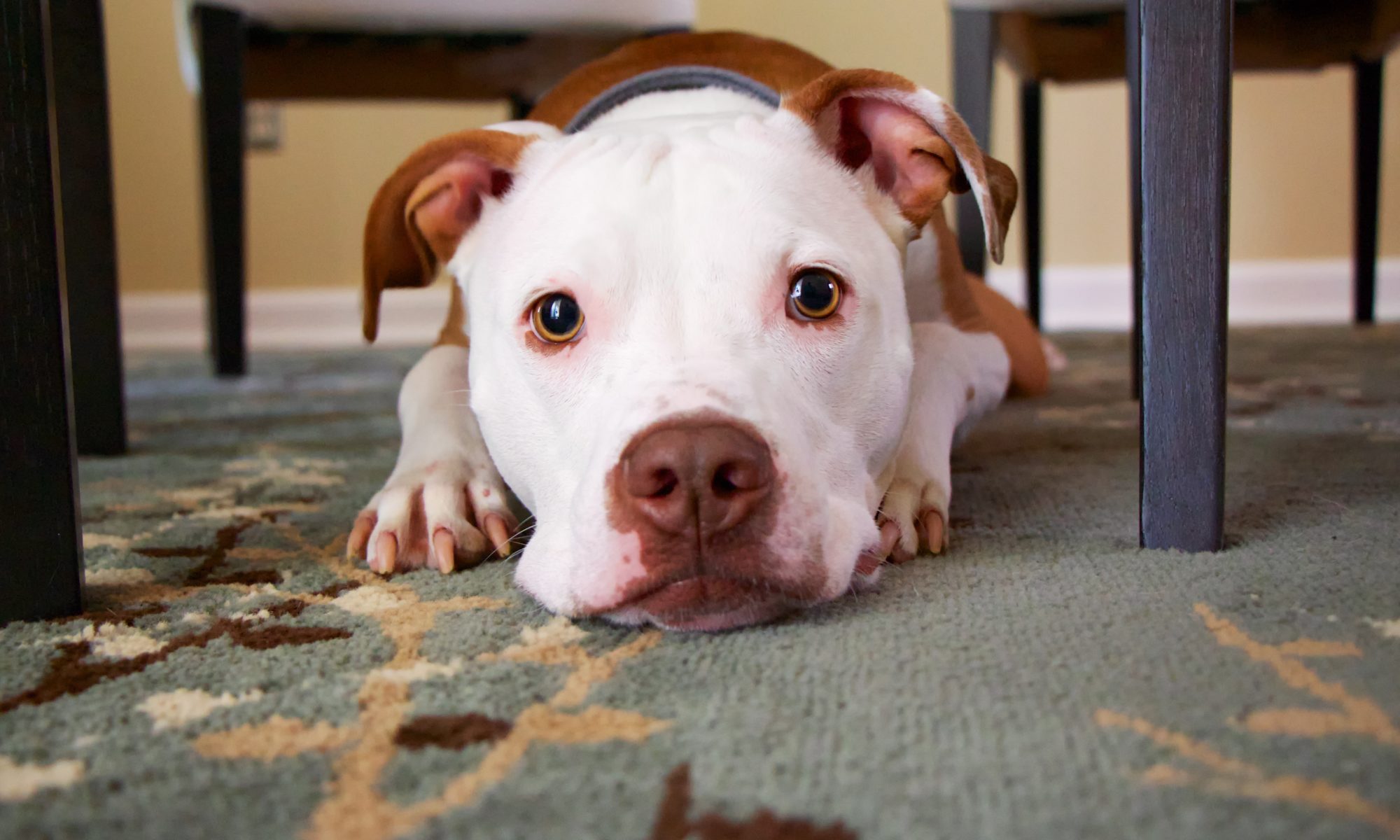My daughter began to smile this week.
She’s only been alive for a month, so this is a cause for celebration rather than a tale of facial muscles overcoming years of adversity.
When things happen is just as important as what happens.
In fact, you could say that the when of things is part of the what of things in creating stories and making a drama. Continue reading ““When” is just as important as “what” – it’s part of the “what” (a few thoughts #20)”







